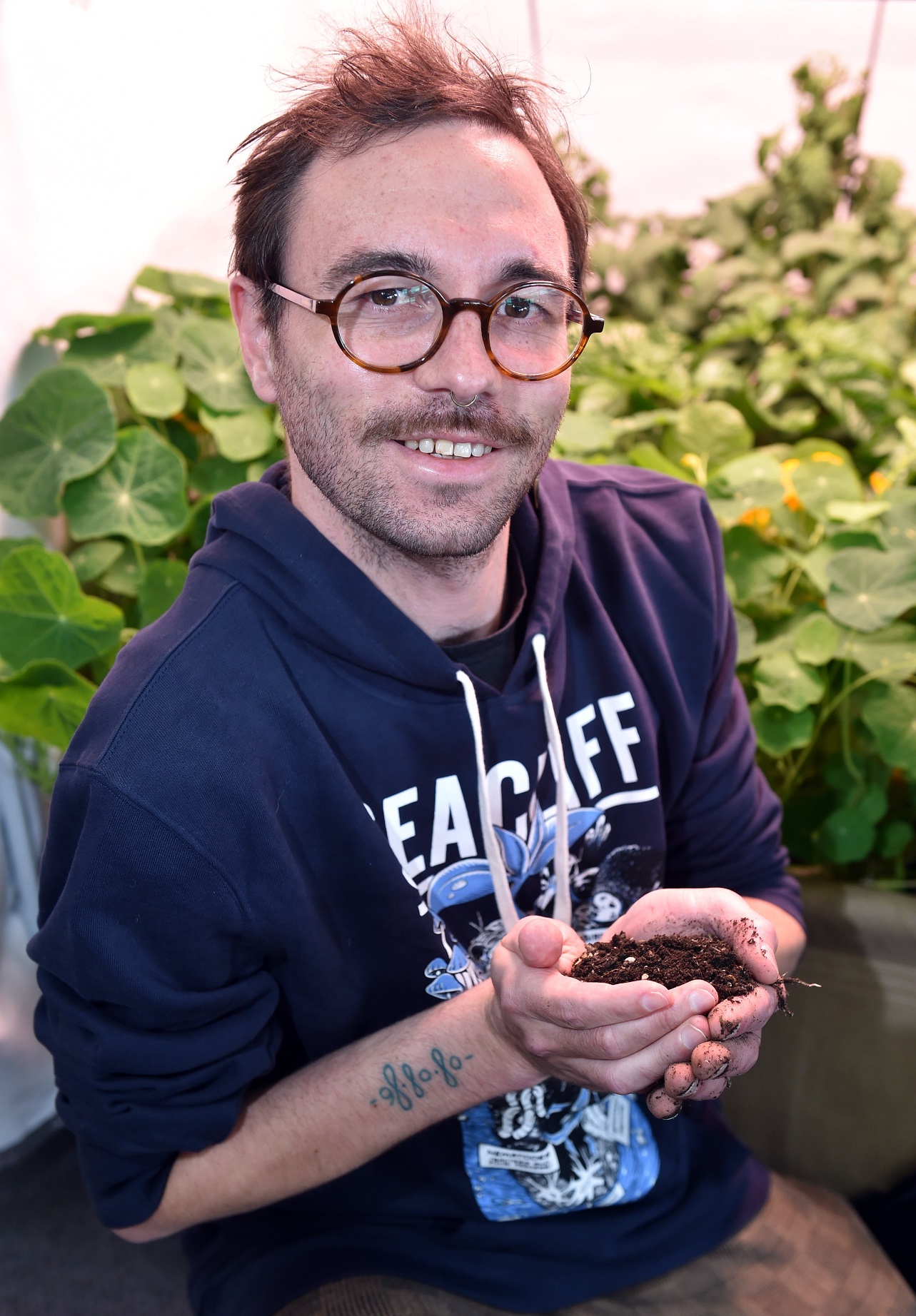
Seacliff Organics was originally the brainchild of local entrepreneur and agronomist Daniel Mladenov who, during a trip to Canada to visit family, noticed a growing prevalence of garden stores focusing on soil health, instead of plant health.
Much of the popularity in Canada of sustainable and natural growing systems was spurred by the legal recreational cannabis market, his colleague, Cody Peneamene, said.
People who had never previously gardened were developing an interest in the pastime and many were focused on doing things "the most healthy, sustainable way", Mr Peneamene said.
The timing was ideal; an earlier trip to Canada led to Mr Mladenov and his team opening New Zealand’s first vaporiser store in 2013 after he noticed a rising presence of e-cigarettes and their use as a smoking cessation tool.
But with a later changing market in the vape industry, they looked around to see what else they could do, and the focus turned from smoking cessation to chemical cessation, Mr Peneamene said.
Seacliff Organics started selling products in 2020 and business had slowly been growing. There had been a big rise in demand for its products — various garden centres had started to stock its products and some high-profile medical cannabis companies had shown interest in using its biologically active soil, Mr Peneamene said.
It was selling New Zealand wide, had wholesale customers and had attracted interest from a large hydroponic distributor in Australia, he said.
When the business was developing its products, they were doing it with the recreational cannabis legalisation referendum in mind and they were "dismayed" when it did not go through, particularly as they had spent money on research and development.
But they decided they had to "pivot" and focus on new markets, including the likes of tomatoes and berries. Living soil — which could be custom designed — removed much of the technical side of gardening for many people, who needed only to plant their seedlings and keep the soil wet.
"Good soil allows the plant to grow as healthy as possible. This means the plant is able to draw the necessary nutrients from the soil to allow for secondary metabolite production. These are often the things that allow for better flavour, nutrients or, in the case of medical cannabis, higher CBD and terpene content.
Chemical salt-based fertilisers mostly focused on the primary metabolites, those that allowed for plant growth, which gave high-yielding but low-quality plants, he said.
During lockdown last year, traffic increased about 500-fold to the company’s website. Gardening was also attracting a younger following as young people were aware of the challenges likely to be faced in the future, especially in food security, he said.












